History of Sochi
Ancient History

There is evidence that the area around modern-day Sochi has been inhabited for hundreds of thousands of years and the Ancient Greeks traded with the local tribes from the 5th or 6th Centuries BC until the 1st Century AD. Stone monuments known as dolmens have been found in the surrounding area which are over 1000 years old. Also ruins of Byzantium-style churches and fortresses built by the Abkhaz people (also known as Circassians) during the Middle Ages also can be found in Greater Sochi.
19th Century
Russian Colonisation
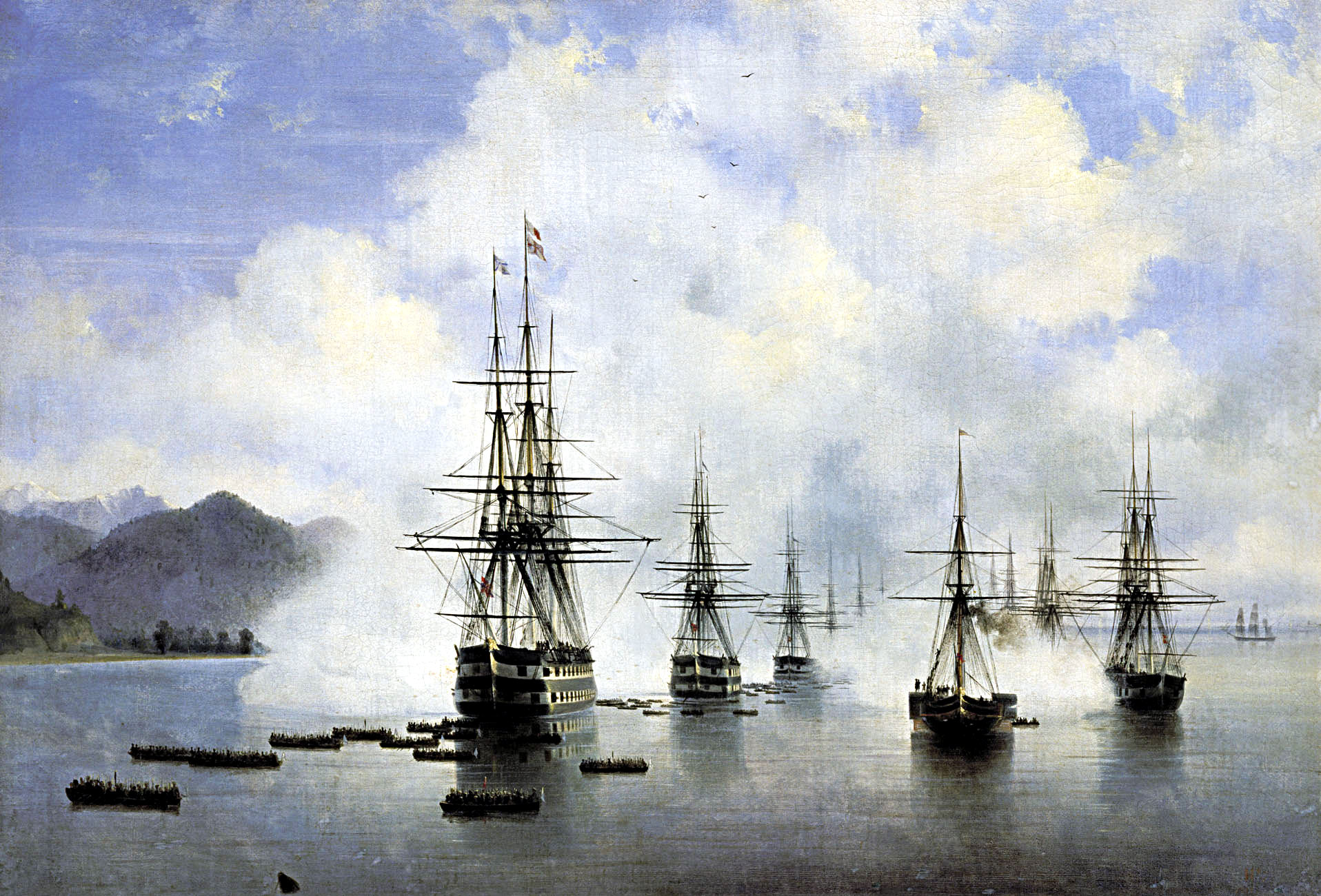
As a result of Russia's 1828-1829 war with the Ottoman Empire, Russia gained control of the northern coast of the Black Sea under the Treaty of Adrianople in 1829. To protect her newly gained territory, Russia built fortresses all along the coast which was inhabited by the Adyghe peopleand other mountain tribes who opposed Russian colonisation and who had been resisting Russian encroachment into the Caucasus since the time of Peter the Great. In 1836 these people were being supported and armed by the British.
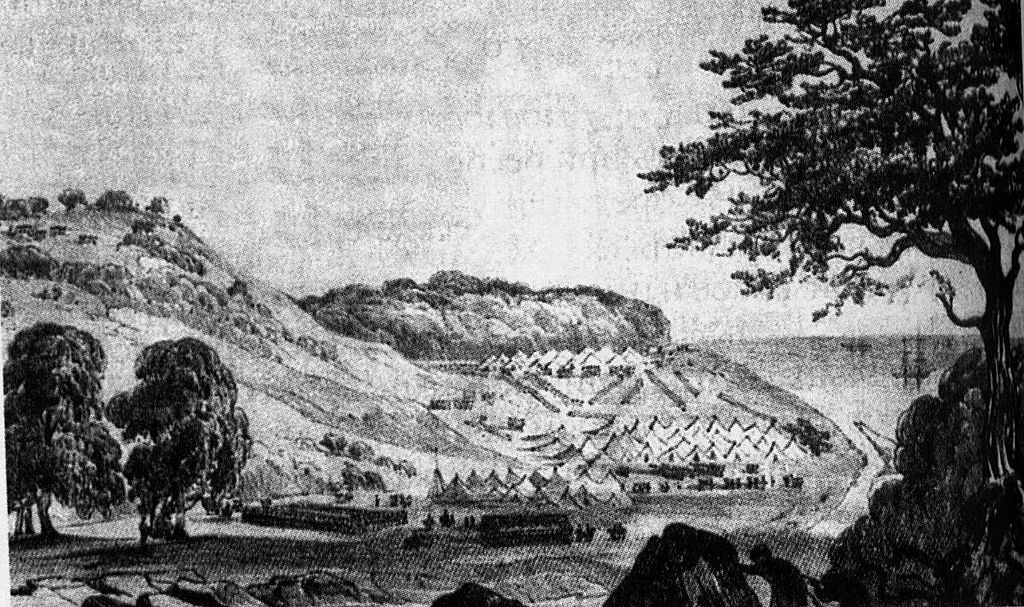
In 1838 the estuary of the River Sochi was captured by the Russians and work started on building a fortress there. This event is considered to be the founding of the city. The fortress was named Aleksandria as the first stone was laid on the birthday of Empress Aleksandra Fyodorovna (the consort of Tsar Nicholas I). In 1839 the fortress was renamed Navaginskoe fortress and was later practically abandoned as its troops were transferred to protect Novorossiysk from the French and British during the Crimea War. In 1864 the fortress was rebuilt and named Post Dakhovsky.
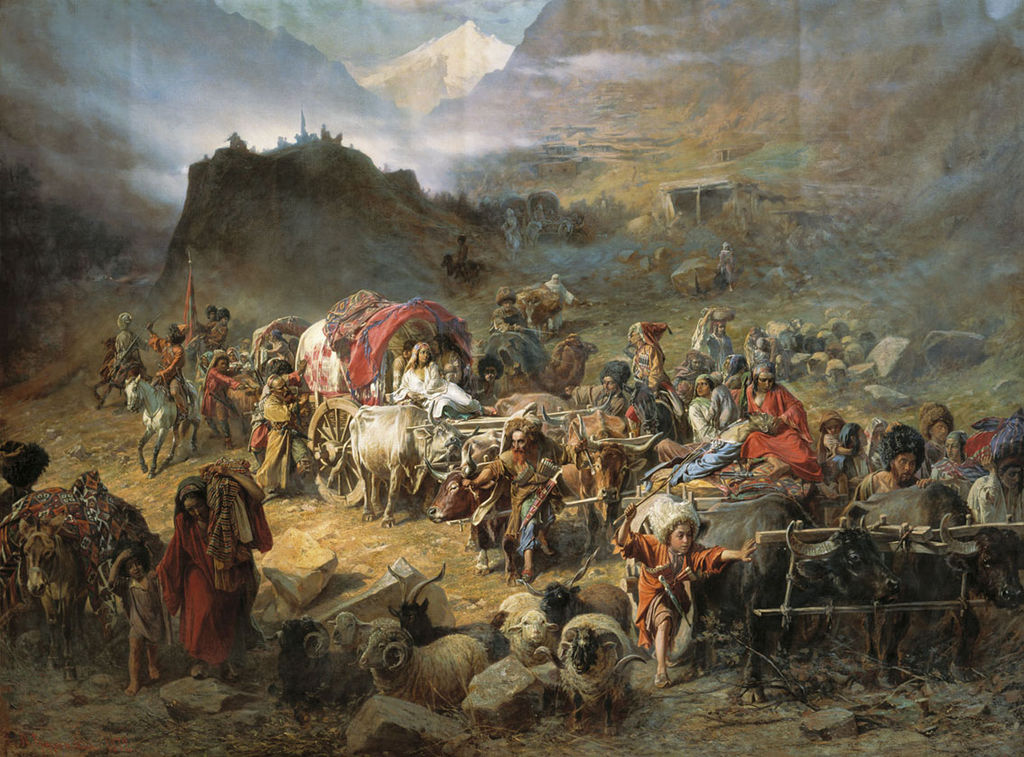
After the Russian Empire's victory in the Caucasian War in 1864, the local Abkhaz, Adyghe and Ubykh people were forced to emigrate to the Ottoman Empire as part of the wider population transfer, which has been described as an act of ethnic cleansing or genocide by some groups. The area was then resettled with people from all over the Russian Empire. In 1874 Post Dakhovsky was renamed Dakhovsky Posad upon the construction of St Michael's Church. In 1896 the settlement was renamed one last time and became known as Sochi, after the river of the same name, and incorporated into the Black Sea Governorate.
20th Century
Civil War

In 1909 the first sanatorium was opened in Sochi and it became a popular resort in the Russian Empire, officially gaining the status of a resort-city in 1917. Sochi's development as a tourist centre was halted during the Revolution and the subsequent Civil war. Between 1918 and 1919 Sochi was fought over by the White Army, the Red Army, the Democratic Republic of Georgia and the neutral "Green Army", with the additional involvement of Britain, the Ottoman Empire and Germany, in what is known as the Sochi Conflict. At the end of the conflict a peace treaty between the Georgians and Whites, brokered by Britain, was signed in 1919 and the border between Russia and Georgia was established as the River Psou. This decision was later also accepted by Soviet Russia which gained complete control of Sochi in 1920.
Development as a Resort
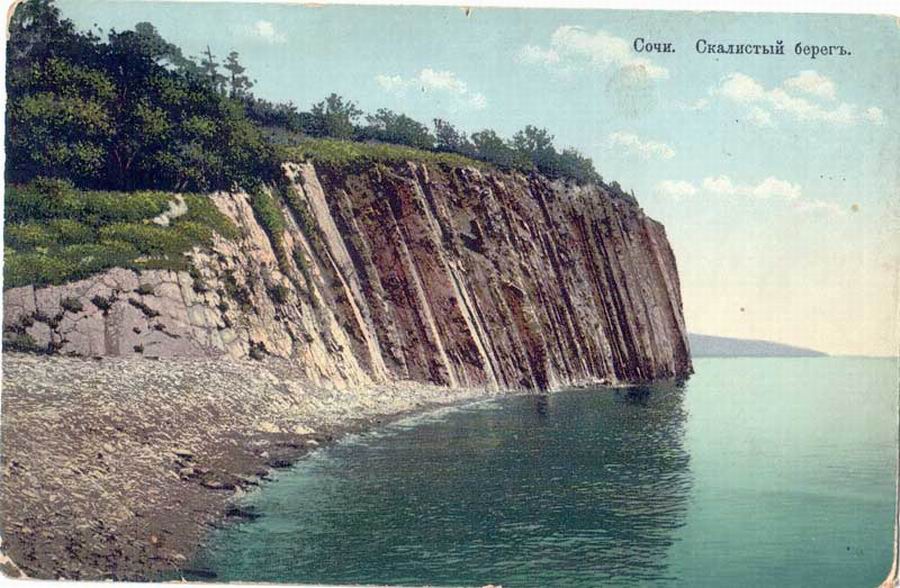
Once the Civil War was over, Sochi was back on track to develop as one of the Soviet Union's most popular resorts. Firstly malaria had to be eradicated in the area and several swamps were drained and even special fish which feed on mosquito larva were introduced. In 1923 a railway was opened connecting Sochi with the rest of Russia.

However it was only in 1934 that Sochi's growth as a resort rocketed when general construction was undertaken and grand neo-classical Stalin-style sanatoria were opened here. Even Stalin had a dacha (summer house) here, making it the place to be. In 1937 Sochi became part of the Krasnodar Territory. During the Second World War all of its health resorts were used to treat injured Soviet soldiers and the whole city practically turned into one big military hospital.
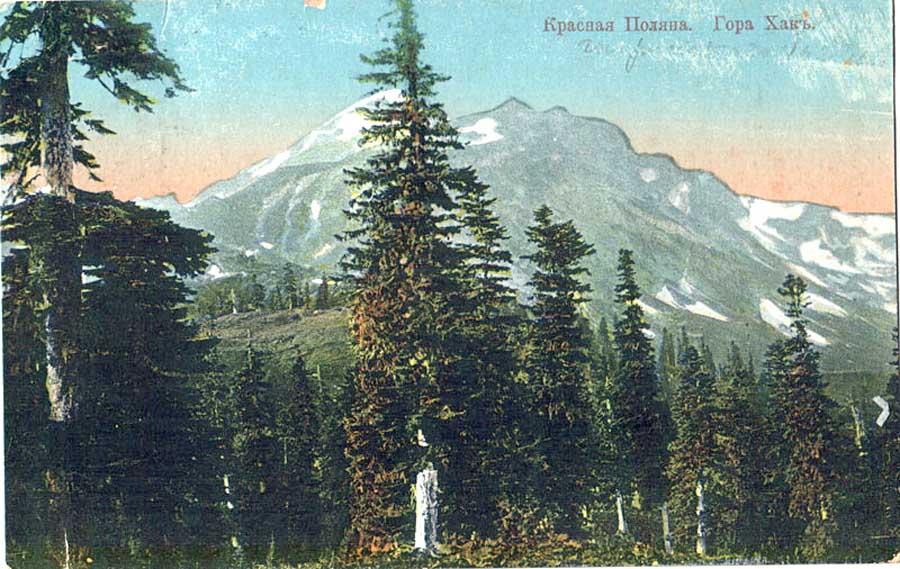
In 1961 Sochi incorporated the neighbouring resorts of Lazarevskoe, Khosta and Adler, as well as other smaller resorts, into its boundaries. This amalgamation is often referred to as Greater Sochi (Bolshoy Sochi). During the Soviet Union, Crimea remained the most prestigious resort where the Soviet president had his dacha. However after Crimea became part of an independent Ukraine, the summer residence of the Russian president was located in Sochi, which became the most popular resort in the Russian Federation.
21st Century
2014 Winter Olympics

Sochi has always been a popular destination among Russians and the city’s fame spread to the international stage as it hosted the 2014 Winter Olympics. Sochi won the bid to hold the Winter Olympics in 2007 which was followed by construction on a massive scale, especially around Adler where Sochi Airport is located. Most sporting events took place in the Krasnaya Polyana ski resort in Greater Sochi, 60km from central Sochi and a railway line was built from Adler to Krasnaya Polyana passing through the mountains. Despite the end of the games being somewhat overshadowed by politics due to the events in Ukraine, the games themselves were heralded as a massive success by the Olympians and the visitors. Sochi's international limelight has since continued after the Winter Olympics as it is holds the Formula 1 Russian Grand Prix and will be a host city during the 2018 Football World Cup.

 History
History